|
Quote
:
Condition Manufacturer Recertified
|
|
Quote
:
Seagate Exos X16 ST14000NM001G 14TB 7.2K RPM SATA 6Gb/s 512e/4Kn 256MB 3.5" FastFormat Manufacturer Recertified HDD
|
|
Quote
:
Manufacturer Recertified DrivesShop for drives that are certified once again by the manufacturer to work like new. Factory ReCertified drives are cost-effective alternatives compared to factory-sealed new counter parts. Additionally, unlike in mass production, the re-certification process involves closer attention to the overall operation of the hardware so that the re-certification will not have to happen a 2nd time. |
attached the screenshots below.


Also, these drives have 2 Years of warranty through SeverPartDeals.com, no Seagate Warranty.
Good luck to everyone.
Seagate 14TB Exo16 Recert:


__________________________________________________________________
This post can be edited by most users to provide up-to-date information about developments of this thread based on user responses, and user findings. Feel free to add, change or remove information shown here as it becomes available. This includes new coupons, rebates, ideas, thread summary, and similar items.
Once a Thread Wiki is added to a thread, "Create Wiki" button will disappear. If you would like to learn more about Thread Wiki feature, click here.
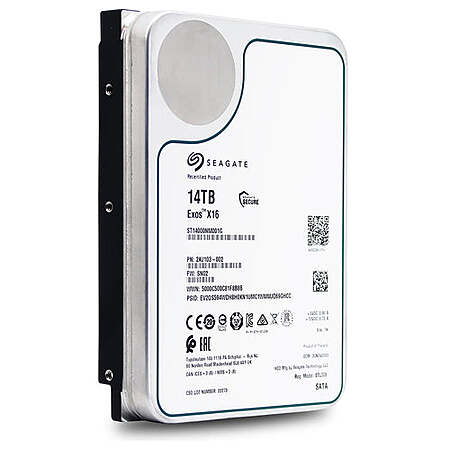
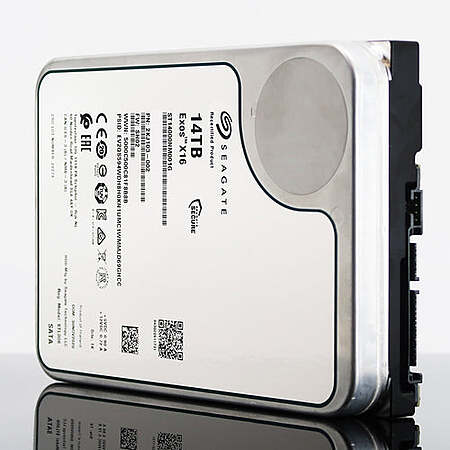
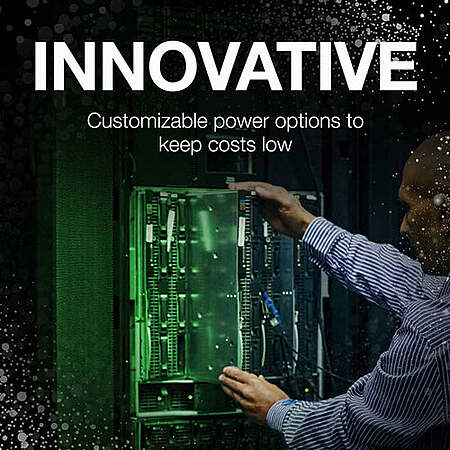
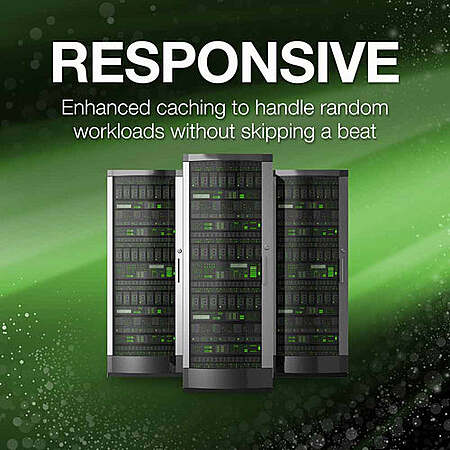
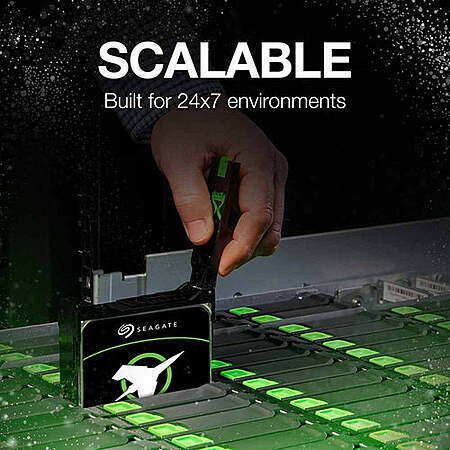

Leave a Comment
Top Comments
The listing title then says FastFormat, not sure if that is referring to a feature of the drive or if that is the name of the Recertifiying company:
Update: FastFormat is a featue Segate drives have.
And then they define Manufacturer recertified as:
Talked to their customer service chat and they said they are recertified indeed by Seagate and that ServerPartDeals runs their own internal tests on top of it. That these drives are warrantied to have less than 50 power on hours.
attached the screenshots below.
336 Comments
Sign up for a Slickdeals account to remove this ad.
Man, those drives were painful. I think I had to replace half of them over 3 years. That said, I had no data loss since they were always part of an array with redundancy. It was just expensive to have to swap in new drives.
I feel like there should be a saying for this, like, "Data are forever... but storage media are not."
Backups are for whatever length retention you want. You're the one who'll determine when to overwrite them. I don't think you know what you're talking about.
RAID is not retention. Period. It's uptime. It allows business continuity while you're able to get a replacement drive into the system and begin the rebuilding process.
Backups prevent data loss. Now the delta between your backup and current data is entirely up to you.....you can set that up for an entire system or down to a file level. Such as some systems don't change much, so a weekly backup is fine -- but on a different system, you can configure backups to occur every hour (or less). What's your tolerance for time to recovery?
Wait until they accidentally delete a file or get encrypting malware. You can recover from a mistake with a RAID as there is no backup!
Not to mention the times I have seen RAID arrays. Not rebuild right or the raid controller not the HD breaks. Both are fun times.
No one is trying to hide drive errors they have no upside for you to lose your data.
Backup is backup. You still most likely suffer data loss.
Raid is the technology that prevents hard drive failure.
The two goes hand in hand. Your backup is severely limited if you don't do raid at the same time.
Businesses need RAID if their uptime is important and loss of uptime is expensive.
Everyone needs backup.
They serve very different purposes.
RAID does not protect against human error, file overwrite, deletion or malware. RAID doesn't provide any data security beyond physical failure.
The exception will be if you're using this 7200rpm drive with an external USB dock, then you'll be limited by the USB's bandwidth. 5400 or 7200 rpm will be hard to distinguish in that case.
For use in a NAS or server, the extra speed will result in more vibration, power draw, and heat. So in a consumer NAS up to 6 bays, you shouldn't have an issue either way. 8+ bays, I would be very aware of what the NAS manufacturer suggests as best practice.
This technology has too many compromises for consumer use with NVMe/SSDs being as cheap as it is.
SSDs have a purpose but they do not replace HDDs in all scenarios yet. Give it another decade.
Sign up for a Slickdeals account to remove this ad.
Move along.
Seagate Exos X18 ST12000NM000J 12TB 7.2K RPM SATA 6Gb/s 3.5in Recertified Hard Drive 4 $419.96
Description Price
Subtotal $419.96
Shipping Free
Total USD $419.96
I am looking to do file sharing, of course, backing up to the NAS, Plex, security camera recorder, remote file access/backups, VPN services, and any other geeky thing that may come to mind.
I've been using a Synology NAS which has been easy to use and manage but also feels grossly underpowered, but something similar in simplicity would be ideal.
Sign up for a Slickdeals account to remove this ad.
Seagate Exos X18 ST12000NM000J 12TB 7.2K RPM SATA 6Gb/s 3.5in Recertified Hard Drive 4 $419.96
Description Price
Subtotal $419.96
Shipping Free
Total USD $419.96
Leave a Comment